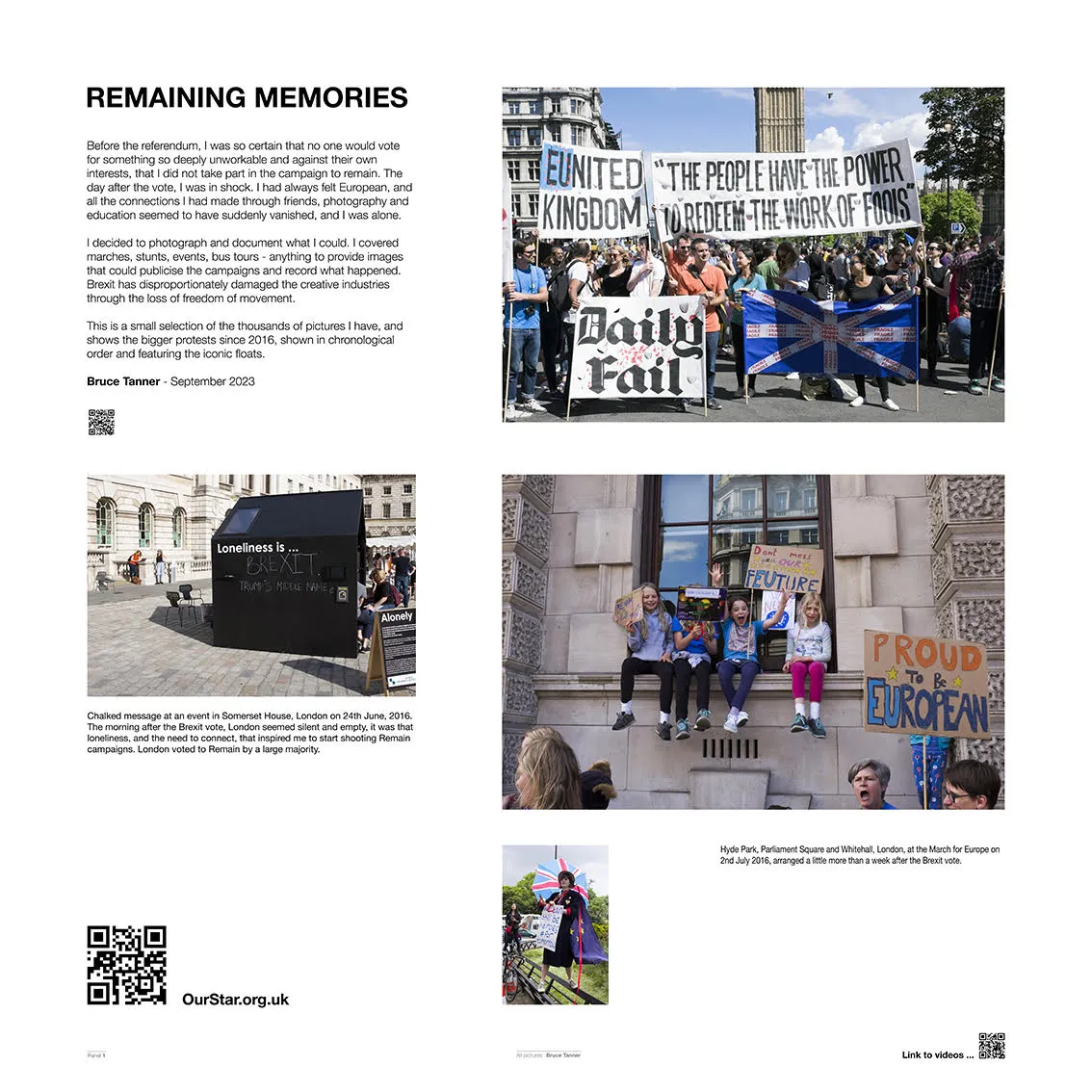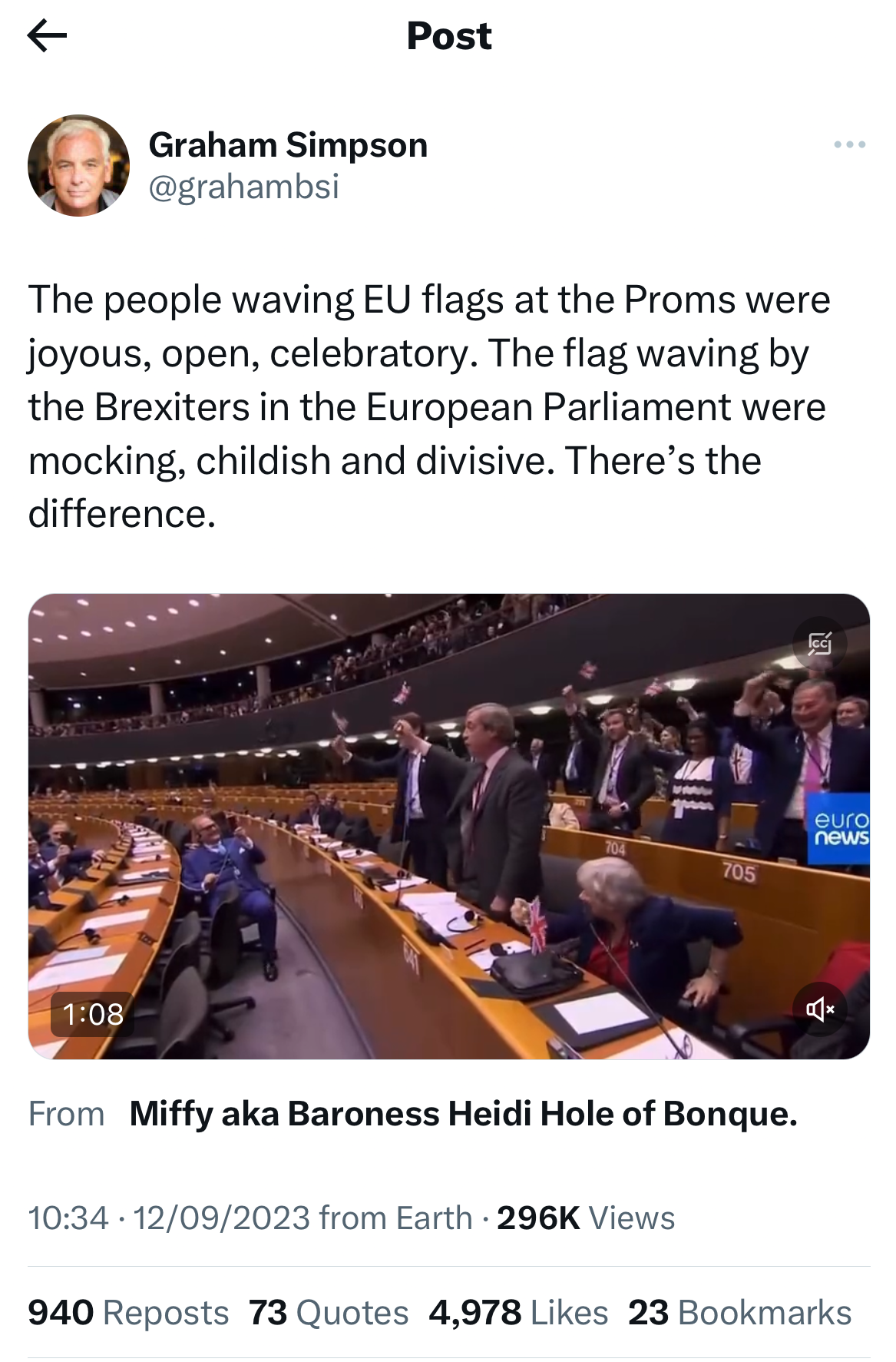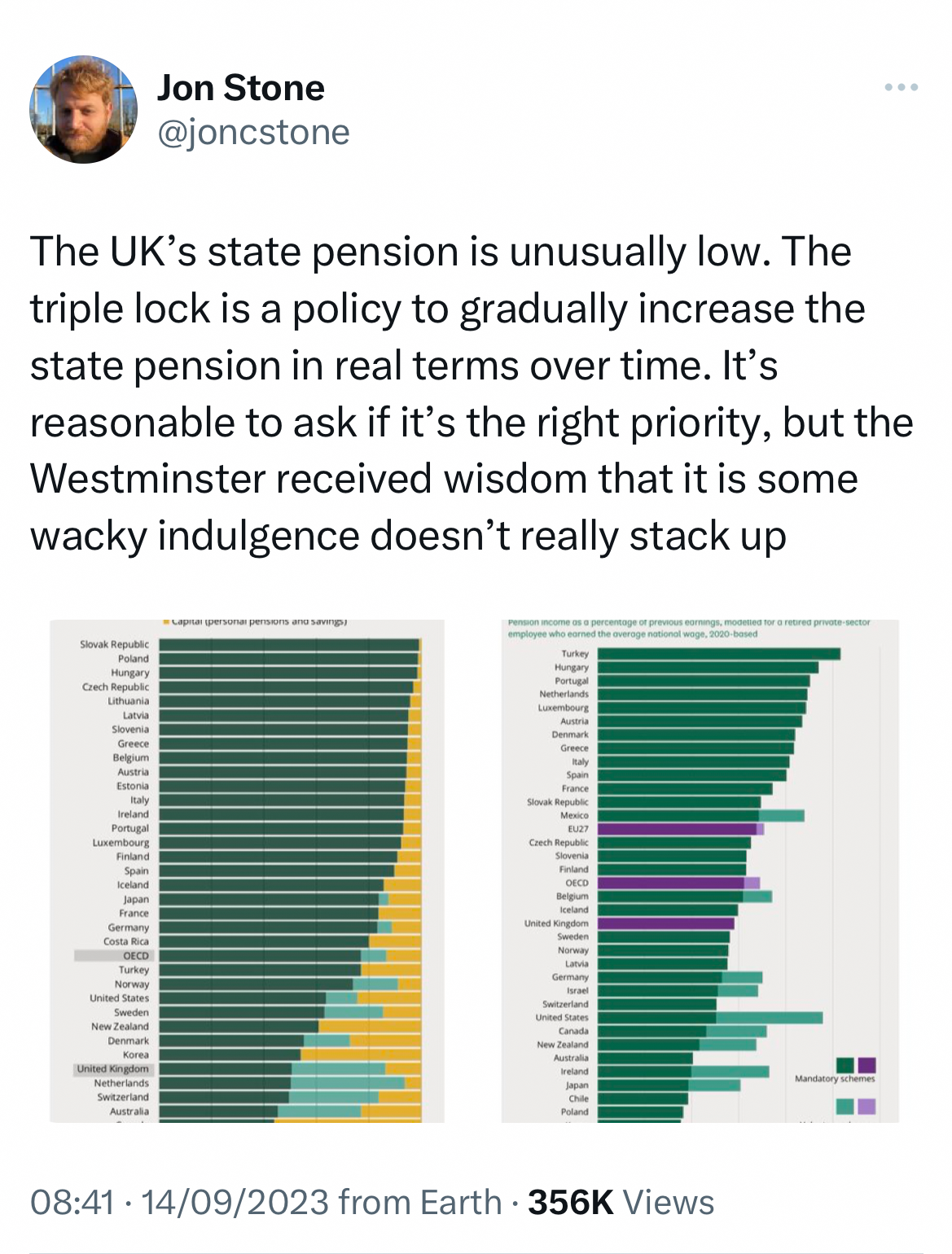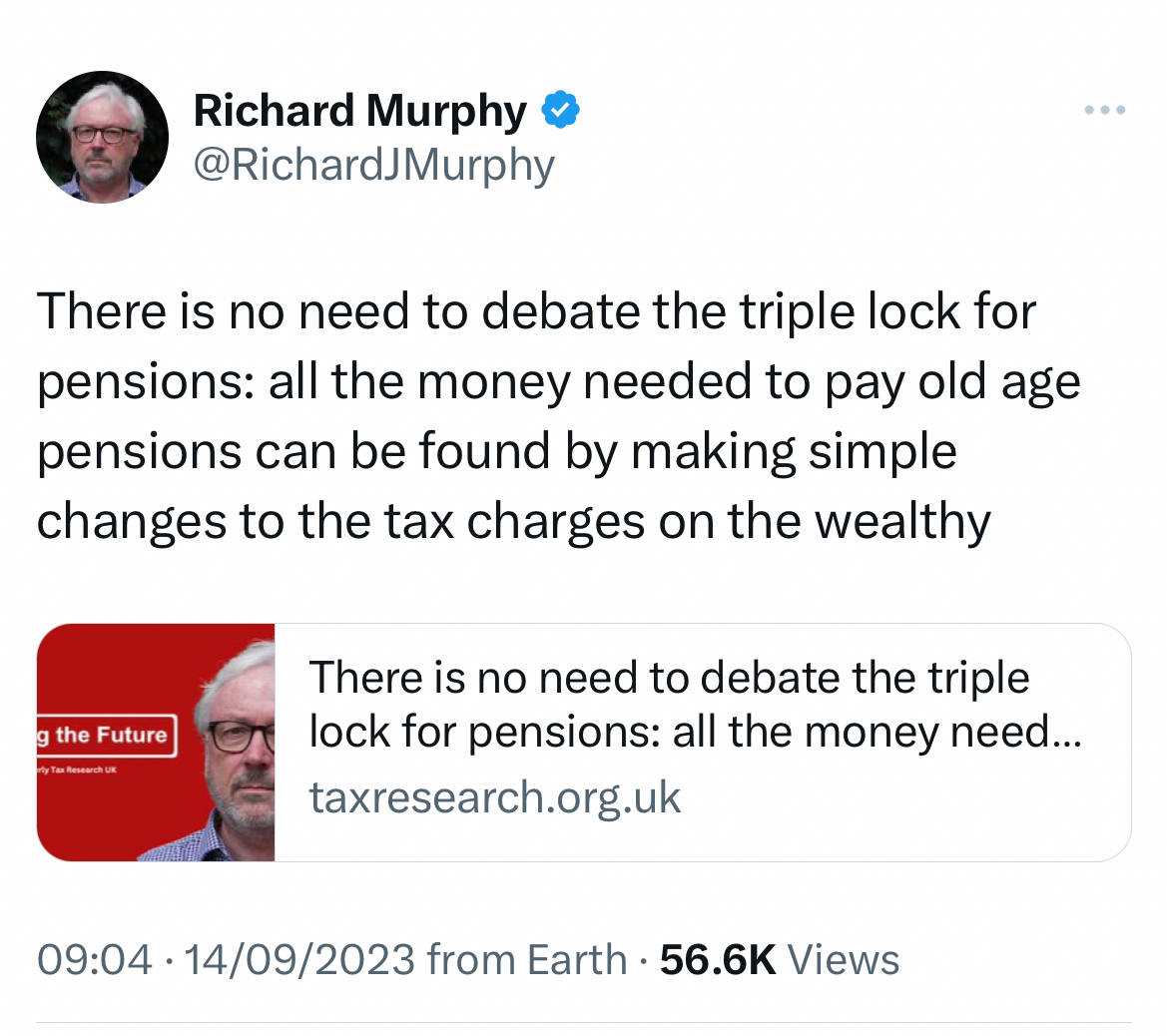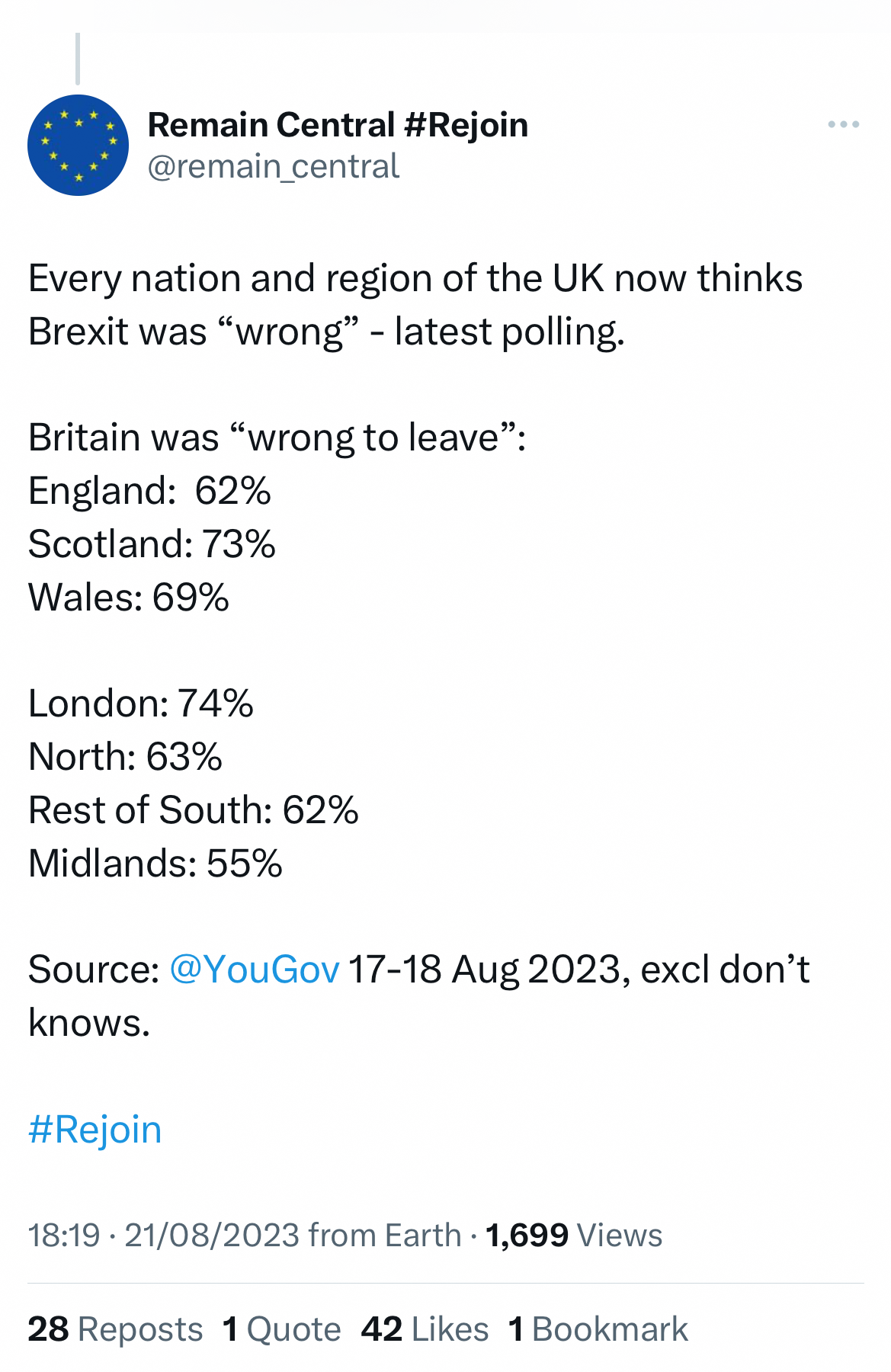
EU races ahead on asylum and immigration deal
In anticipation of natural disasters and war, the EU has agreed plans to deal with the inevitable displacement of the vulnerable, writes Bremain Chair Sue Wilson MBE for Yorkshire Bylines.
On Wednesday, the EU sealed a historic deal on the future management of asylum seekers in the event of sudden rises in migrant numbers. The Crisis Regulation – which was three years in the making – met with opposition from Hungary and Poland and saw Slovakia, the Czech Republic, and Austria abstaining. The deal aims to prevent a repeat of 2015 when an influx of a million refugees, mostly from war-torn Syria, were unevenly distributed across EU member states.
"Historic EU deal reached on how to manage sudden rise in asylum seekers"
This could be transformative for how the EU copes with mass migrations brought about by wars or natural disasters.https://t.co/8NBod3yqQT
— Edwin Hayward (@edwinhayward) October 4, 2023
With the objective of sharing the weight of asylum seekers across the bloc, the preliminary agreement has still to be passed by the European Parliament. However, the agreement was warmly welcomed by President of the EU Commission, Ursula von der Leyen, who described it as a “real game changer” that would allow negotiations in the European Parliament to advance. Fernando Grande-Marlaska Gómez, acting Spanish minister for home affairs said, “we are now in a better position to reach an agreement on the entire asylum and migration pact with the European Parliament by the end of this semester.”
The Crisis Regulation
The new rules will allow the fast-tracking of asylum applications that will facilitate the movement of migrants to other European countries. In times of crisis – such as climate emergencies, natural disasters or war – an accelerated registration process will see the necessary paperwork completed in just four weeks. The responsibility for examining and processing the asylum claim would then fall to the supporting member state.
Member states will be allowed to apply tougher measures while asylum claims are being examined. Those measures could include allowing asylum seekers to be held at the border for up to 20 weeks. Rejected applicants could also be held for up to 20 weeks before the process of returning them is completed.
Where the agreement falls short – according to Guy Verhofstaft, MEP – is in failing to open European embassies and consulates outside of the EU to asylum applications. Doing so, Verhofstadt says, was the “only way to stop smugglers” and to prevent refugees from “dying in the Mediterranean Sea”.
The only way to stop the smugglers is to open our consulates and embassies outside Europe to apply for asylum…instead of obliging them to jump in boats and dying in the Mediterranean sea ! pic.twitter.com/Ojern0Cddj
— Guy Verhofstadt (@guyverhofstadt) October 4, 2023
UK inaction despite awareness
According to the Institute for Economics and Peace, environmental change, conflict and civil unrest could result in over one billion people at threat of being displaced by 2050. In regard to the climate crisis alone, the UK government recently published a paper detailing how the crisis is likely to increase migrant flow over the coming decades. In it they stated that, “while there is no agreed upon way of reliably forecasting future flows of migration which result directly from climate change, the numbers are likely to be significant”.
An earlier government paper – Preparing for climate change – discusses the impact of climate change in the UK and actions that will be necessary to deal with the challenges. Yet, despite obviously being well aware of the impact of global warming on migrant numbers, and on the UK in particular, the government are kicking the climate crisis can down the road. The only discernible ‘policy’ on migration seems to be to scream ‘stop the boats’ enough times at full volume and hope for the best.
EU getting on with business
While our own government seem intent only on jockeying for position, arguing amongst themselves and focusing on the coming election, we can only watch from the sidelines at progress being made in Europe. The EU, without the UK, is getting on with business. And perhaps some of that business is more easily conducted without us.
Today, leaders from 47 countries are gathering in Granada, Spain for a meeting of the European Political Community. This group – which includes EU member states, the UK, Ukraine and western Balkan states – first met last October in the Czech Republic. The agenda for this third EPC summit will include aid for Ukraine, deepening conflicts on the continent, and migration.
It is an opportunity for Britain to mend some fences and discuss common solutions to shared problems. I suspect, instead, our government will be trying to share their own divisive, right-wing rhetoric on immigration to a largely non-receptive audience.
As European leaders gather, Rishi Sunak will likely take every opportunity to be photographed at Volodymyr Zelenskyy’s side. Indeed, he wouldn’t be the first British PM to do so. No doubt Sunak will offer help and support to the war effort, and mean it. But in doing so, he might be hoping the Ukrainian president doesn’t mention support for refugees. There is a limit, after all!






